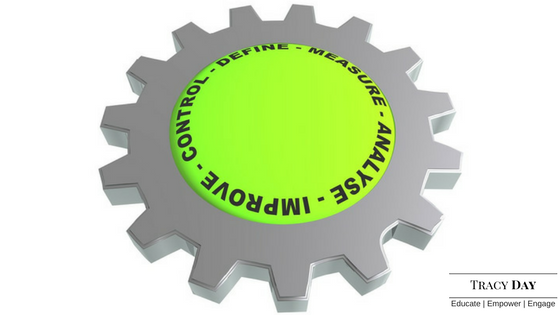Your cart is currently empty!

Building a Foundation of Trust, Part 1 of 5
Part 1 of 5
Trust is a valuable commodity to have in our personal and professional lives. Trust is what drives us to move forward in relationships. Without trust, the relationship falters and dies.
What are the principles that help us build a foundation of trust within ourselves and others? I will cover four basic principles that I believe help us build, develop, and maintain trust within relationships. The focus will be trust within the workplace, but the principles can be applied to any relationship you have.
As a leader, one of your objectives is to foster the team dynamic to reach the teams fullest potential. A team that is focused, trusts one another, and is functioning as one solid unit can outperform any strong individual working alone. The secret is building a foundation of trust. Once built, team members become fully engaged to the organization. A team built on high levels of trust function more efficiently in good or bad environments or when times are going well or not as well as they should be. The Foundation must be established by leader. Take the time needed on the front end to build it right and solid, so the less time you need on the backend to fix issues that should never have happened in the first place. Let’s look at the first principle.
Basic Principle 1: Focus on the behavior, issue, or situation, not the individual person
Great leaders help begin laying the right foundation by applying the following within the team. First, the team focus should be on the issues related to team development. Disagreement is normal and should be a healthy thing within the team when they are serious about the growth of the whole. Set the tone for those discussions to fix the issue not finding fault or giving credit on who is wrong or right.
Second, focus on the team’s process improvement. Be careful here, in that, when looking at one procedure look at the whole process. Should we make a change here or leave it alone. Just because you have done a certain process a certain way for 3 days, 3 months, or 3 years doesn’t mean it is the BEST way for the process to be completed, it is simply A way. If the team thinks that a new process would improve the team’s performance for themselves and the organization, consider it or even implement it for a trial run to compare performance numbers.
Finally, be respectful and acknowledge other viewpoints. There are always at least two sides of a story and there is the truth. The funny thing is both sides are right depending upon which angle you are looking from. The idea here is to gain understanding of other viewpoints. Instead of criticizing one another, spend a moment to listen to the other viewpoint. We need to build proactive listening skills. Listen to understand, not listen to respond.
Zig Ziglar laid upon the foundation of hope when he said, “Failure is an event, not a person. Yesterday ended last night.” Be the leader and listen to your team, your feelings, and set the tone to building trust within your organization.